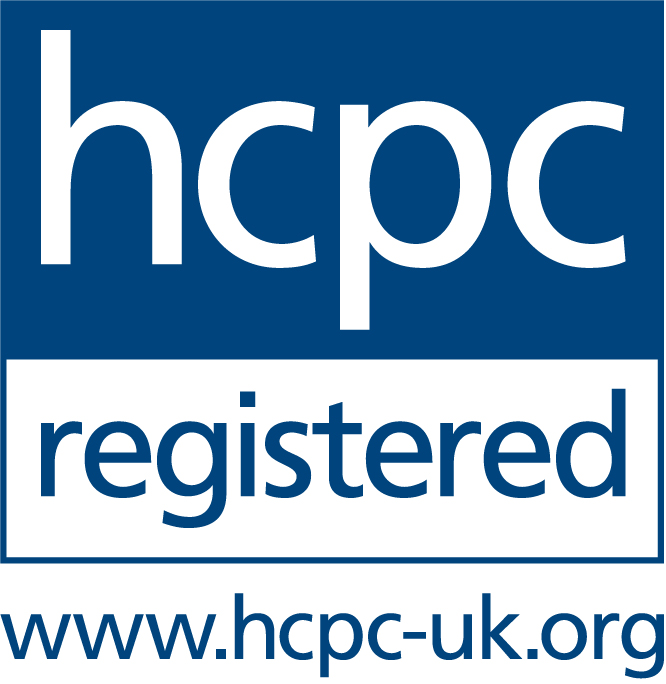Frequently asked questions:
What is a psychologist?
A psychologist is someone who has a degree in psychology and then achieves a qualification in a specific area of psychology (in my case, Counselling Psychology). Training is at least six years long and a range of clinical experiences are gained during that time. The title of Counselling Psychologist is protected which means that people can only use this title if they are Registered with the Health and Care Professions Council. This ensures that the public are protected and have someone to report to if they have concerns about the service they have received. It also means that the Psychologist has to meet a specific set of criteria to ensure that they are competent to deliver the service that they offer to the public.
What difference can a psychologist make?
I will work with you with the aim of achieving an agreed goal that hopefully will increase your life satisfaction. Through talking and learning to change the way you think about others or yourself, you can learn to respond differently to situations. This can alter how you feel about yourself, your life and your future. You may find that you learn new skills in order to improve the way that you cope.
What issues can be addressed?
Please see the ‘Experience’ section for the range of issues that I can work with. If the difficulty that has caused you to seek therapy is not listed there, please contact me by email or telephone and I will let you know if I feel I can support you with the issue that you are struggling with.
What is psychological therapy?
I offer one to one therapy in which I first carry out an assessment (see below) followed by identifying with you a set of goals to work towards. People often say, “I don’t see how just talking can help” and I agree. This is because my role is to work alongside you to not only talk about your difficulties but also to think about what changes you can make in your life.
What is an assessment?
During our first appointment I will carry out an assessment which involves asking you questions about your current difficulties, what you hope to gain from therapy, when your difficulties first began, what your life has been like, who is currently in your life and what strengths you have to cope with life in general. Sometimes, I may ask you to complete questionnaires to help me understand your experiences but I will always be more interested in what you have to tell me. If it is one to one therapy that you need, I would usually expect to see you alone but if you want to attend your first appointment with a friend, partner or family member then that is okay. In the case of children, I would expect to meet the parent/carer/guardian as well as the child.
What therapeutic approaches are offered?
As a Counselling Psychologist, I work from a humanistic philosophy which means that I value the personal experience of each client that I work with and tailor the way that I work according to the individuals needs. I use psychodynamic theories to help me make sense of clients presenting problems and use cognitive behavioural interventions and humanistic approaches (person centered and psychodrama). I am also trained in EMDR (Eye Movements Desensitisation and Reprocessing) which is an effective approach for trauma. I consider myself an integrative practitioner who places great emphasis upon the therapeutic relationship. I recognise that for clients to trust me, they need to feel safe and accepted.
How many sessions will I need?
If you are being referred by another organisation, (for example; BUPA, AVIVA, AXA or a Solicitor), the number of sessions that you require may have already been agreed before we meet. However, if you are accessing me directly, this is something that we could discuss following your assessment. Most people will benefit from around 12 to 16 sessions but you may require less or more depending upon the difficulty you are coping with. I will conduct frequent reviews to ensure that you are gaining some benefit from the work that we are doing together.
How often will I need to attend?
The assessment will help me decide how often we need to meet. However, most people attend sessions on a weekly basis (with the exception of holidays). This enables us to develop a therapeutic relationship and helps us to resolve your difficulties within a shorter space of time.
How long will sessions last?
Sessions will last for up to 60 minutes each.
How confidential are the sessions?
It is important to feel that what you talk about is not going to be shared with others. There are some exceptions to this, for example, if I feel that you are at risk of hurting yourself or others, then I may need to let someone know. If you have been referred to me from another organisation, I may be requested to write a report about our work together. I will remind you of this when we first meet and you will be asked to sign a contract so that you are clear about the boundaries of our work together.

